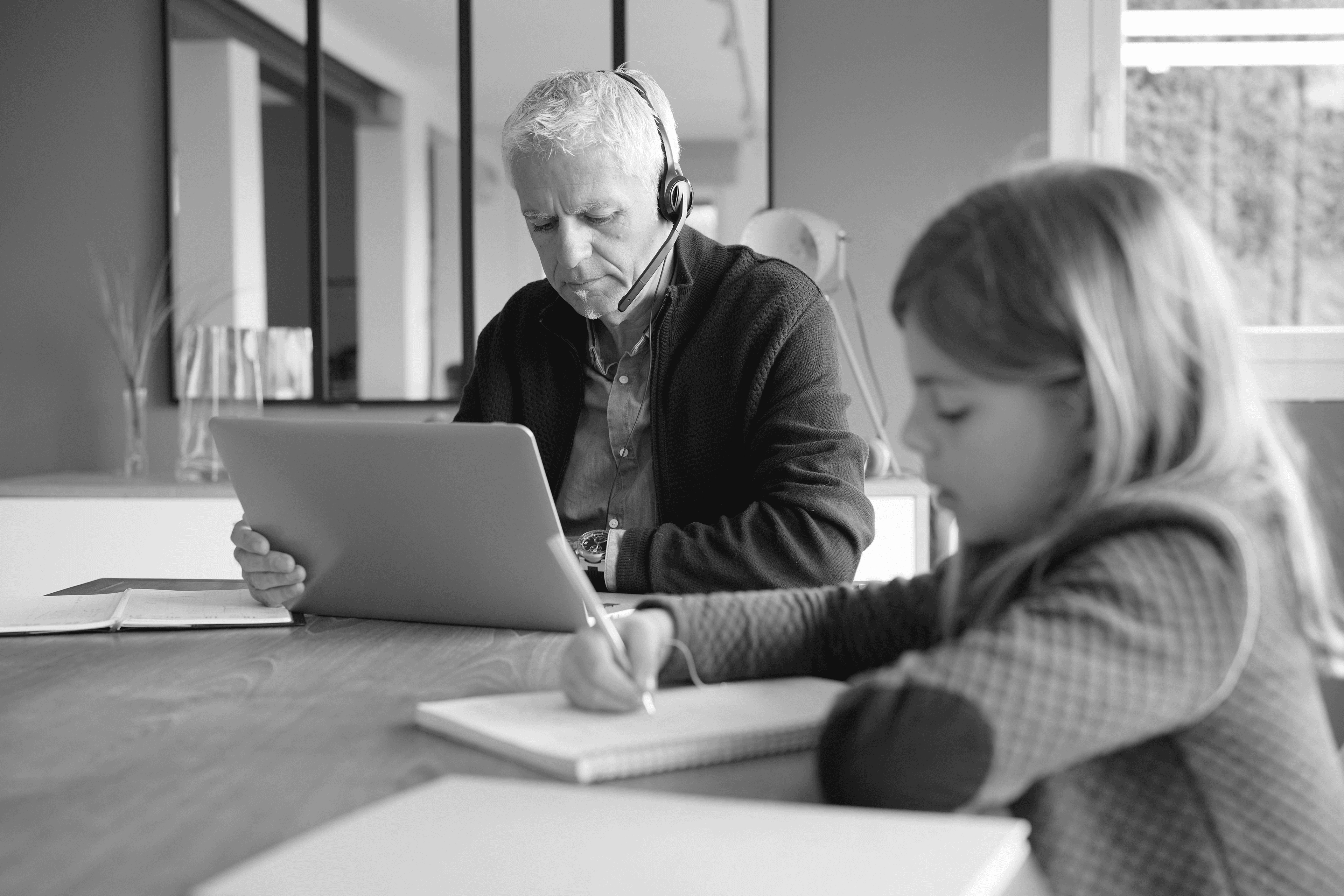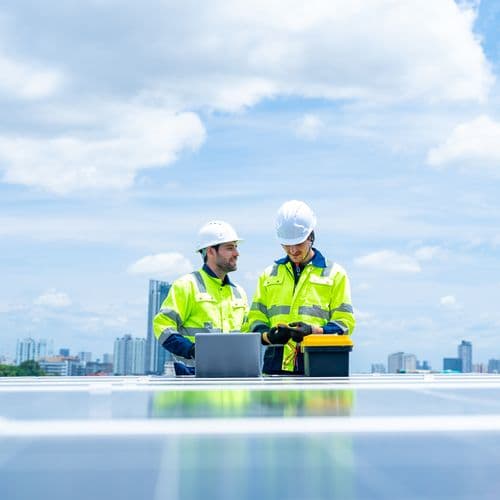Shaping the future of European democracy
In a special edition of Eurofound Talks, Mary McCaughey is joined by Eurofound Executive Director Ivailo Kalfin and Ivan Krastev, Chairman of the Centre for Liberal Strategies and permanent fellow at the Institute for Human Sciences in Vienna, to look at the political, social and economic drivers in Europe and how they might influence voters at the ballot box in the European Parliament elections on 6-9 June 2024.
Listen to this episode
You can listen to this episode below or on the podcast platform of your choice.
Episode speakers
Mary McCaughey
Head of UnitMary McCaughey is Head of Information and Communication in Eurofound. A graduate of Trinity College, Dublin and the College of Europe, Bruges, she started work in Brussels with Europolitics and the Wall Street Journal Europe. She worked with the Association of European Parliamentarians with Africa (AWEPA) in South Africa during the country’s transition to democracy, and in 1998 she took up the post of spokesperson with the Delegation of the European Union in Pretoria, heading up its press and information department during the negotiation of the EU–South Africa free trade agreement. Following the end of the Kosovo War, she worked as a communications consultant for the European Agency for Reconstruction in Serbia. She took up the post of Editor-in-Chief in Eurofound in 2003.
Ivailo Kalfin
Executive DirectorIvailo Kalfin joined Eurofound as Executive Director on 1 June 2021. Mr Kalfin’s expertise covers a range of areas, from the dynamics of the labour market and social policy to global political trends, the EU and budget, as well as digital transformation. He has outlined five main priorities for his role at Eurofound: supporting the mainstreaming of Europe's green and digital transitions; complementing the implementation of the European Pillar of Social Rights Action Plan with evidence-based research; increased cooperation with international organisations and external partners and greater outreach to European Neighbourhood Policy countries; support for enhancing and expanding the capacity of social partners within the remit of the Agency; raising Eurofound's profile among key stakeholders.
Recently published episode





)



&w=3840&q=75)
&w=3840&q=75)
&w=3840&q=75)